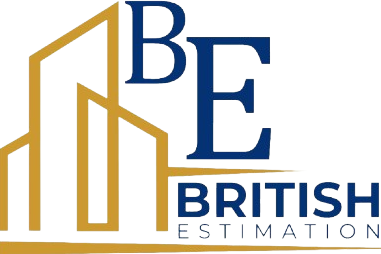
What to Expect When Planning a Home Extension
Your home is more than just a place to live—it’s a personal sanctuary where memories are made and shared. When considering a home extension, you want to ensure that every detail is planned carefully. Expanding your home can provide additional space, increase property value, and enhance your living experience. But where do you start?
Home extensions require careful planning and execution. Without proper preparation, unexpected issues can arise, leading to delays and escalating costs. To ensure a smooth process, it’s essential to understand what to expect when embarking on a home extension project.
Why Consider a Home Extension?
A home extension is a great way to maximize your space without the need to relocate. Whether you need an extra bedroom, a larger kitchen, or a dedicated workspace, an extension can provide the perfect solution. Beyond added space, a well-planned extension can also:
- Improve your home’s functionality
- Increase property value
- Enhance energy efficiency
- Adapt your home to changing family needs
Steps to Planning a Home Extension
Before breaking ground, it’s crucial to follow a structured plan. Here’s what to expect:
Define Your Goals
Start by determining why you need an extension. Are you looking for more living space, better functionality, or simply a fresh new design? Clearly defining your goals will help guide your project and ensure you make informed decisions.
Set a Budget
Understanding your budget is key to a successful extension. Construction costs, materials, labor, and unforeseen expenses can quickly add up. It’s advisable to allocate a contingency fund to cover any unexpected costs that may arise.
Work with Professionals
Hiring experienced professionals can make the process much smoother. Consider working with:
- Architects – To design a functional and aesthetically pleasing space
- Builders – To ensure quality construction
- Surveyors – To assess land conditions and structural integrity
- Planning Consultants – To help navigate local regulations and approvals
Obtain Necessary Permissions
Depending on the scale of your extension, you may need planning permission or building regulation approval. A professional can guide you through the application process and ensure compliance with local laws.
Choose the Right Design
Your extension should complement your existing home while meeting your practical needs. Consider factors like:
- Natural light
- Ventilation
- Energy efficiency
- Aesthetic appeal
Construction Phase
Once planning is complete, the construction process begins. This stage involves demolition (if necessary), groundwork, building work, and finishing touches. Regular site visits and communication with your contractor will ensure everything stays on track.
Questions to Ask Before Starting
Before diving into your project, ask yourself and your professionals these key questions:
- What is my overall budget, and do I have a contingency fund?
- Do I need planning permission for my extension?
- How long will the project take?
- Will I need to vacate my home during construction?
- What materials and finishes should I choose?
- How will the extension impact my home’s energy efficiency?
Key Considerations
- Stay Flexible – Even the best plans may require adjustments. Be prepared for minor changes along the way.
- Plan for Disruptions – Construction can be noisy and messy. Plan accordingly to minimize the impact on your daily routine.
- Think Long-Term – Ensure your extension is a worthwhile investment that suits your long-term needs.
Making Your Home Extension a Success
A well-planned home extension can transform your living space and enhance your lifestyle. By understanding the process, working with the right professionals, and maintaining a realistic budget, you can achieve the perfect extension for your home.



